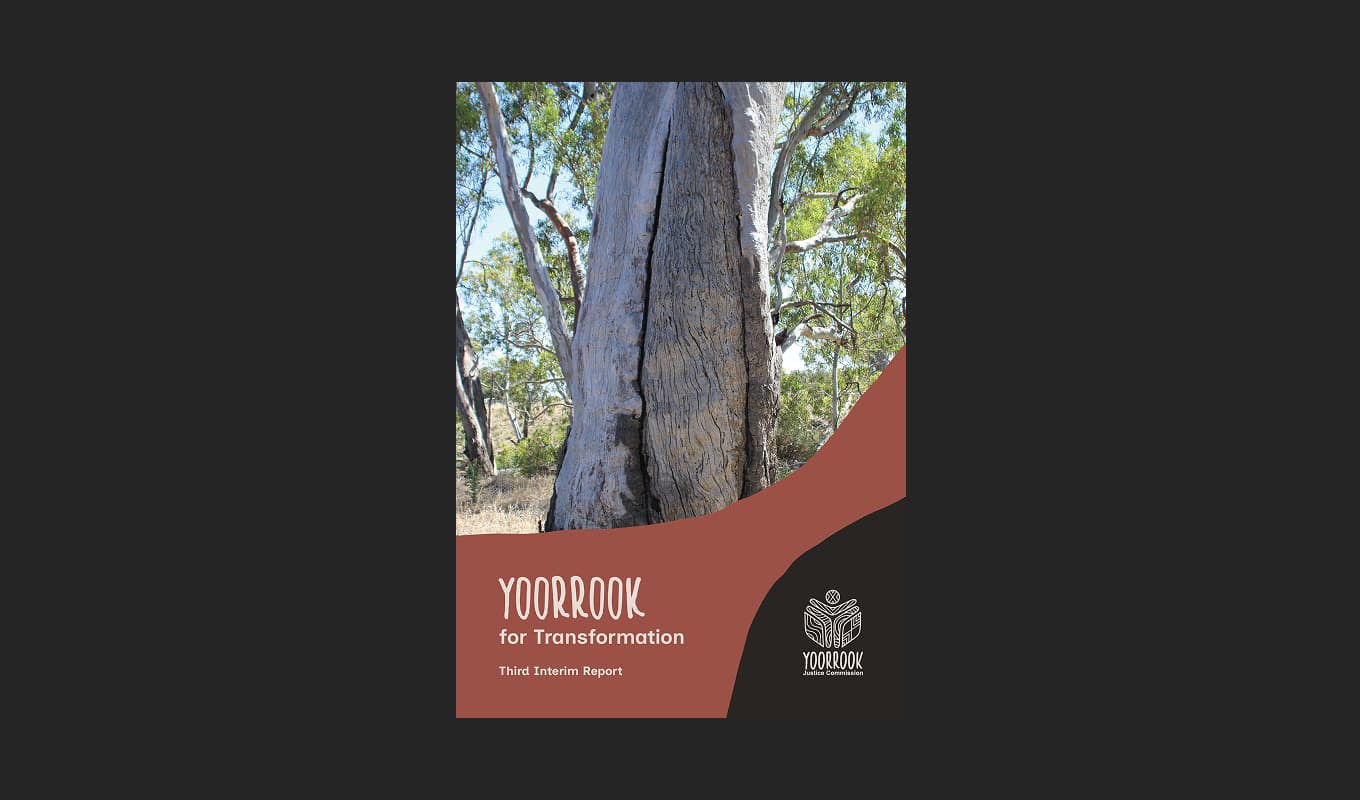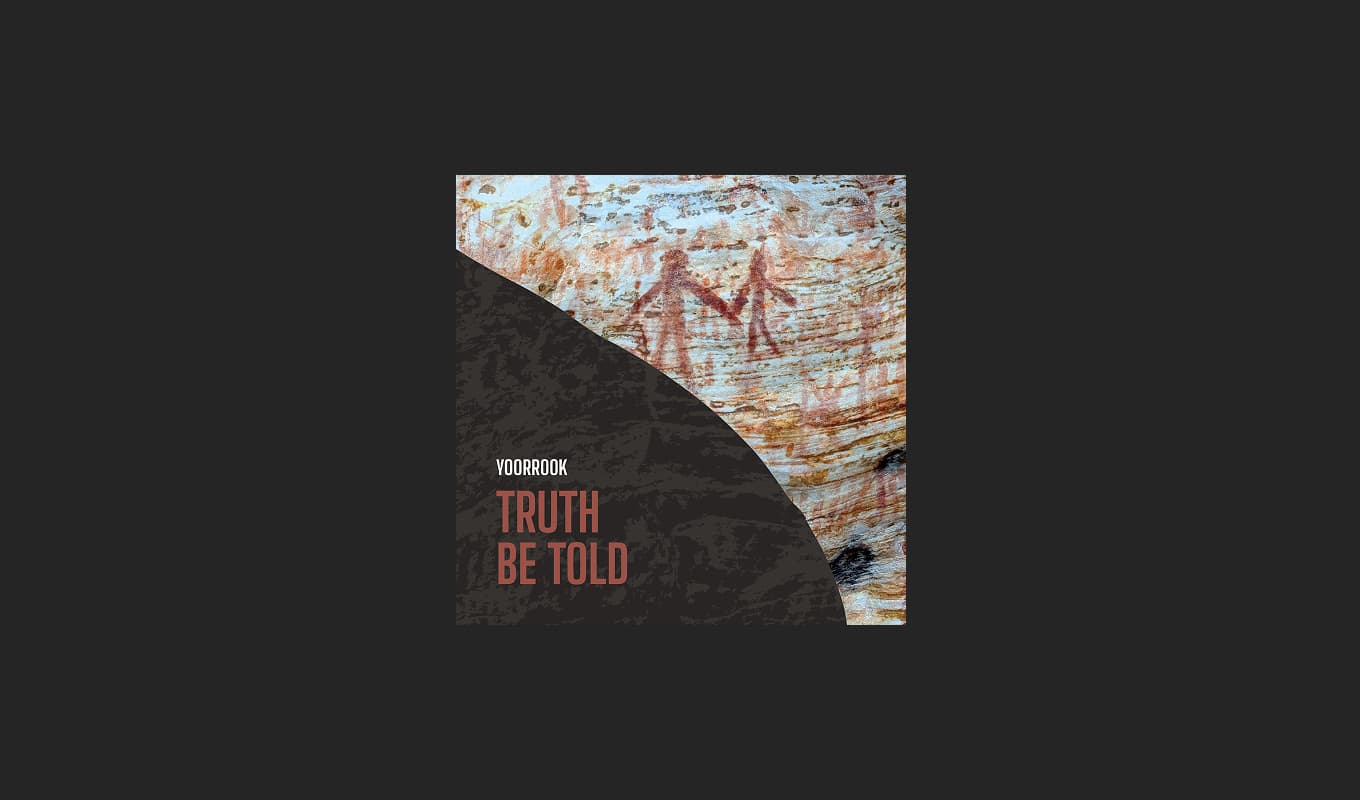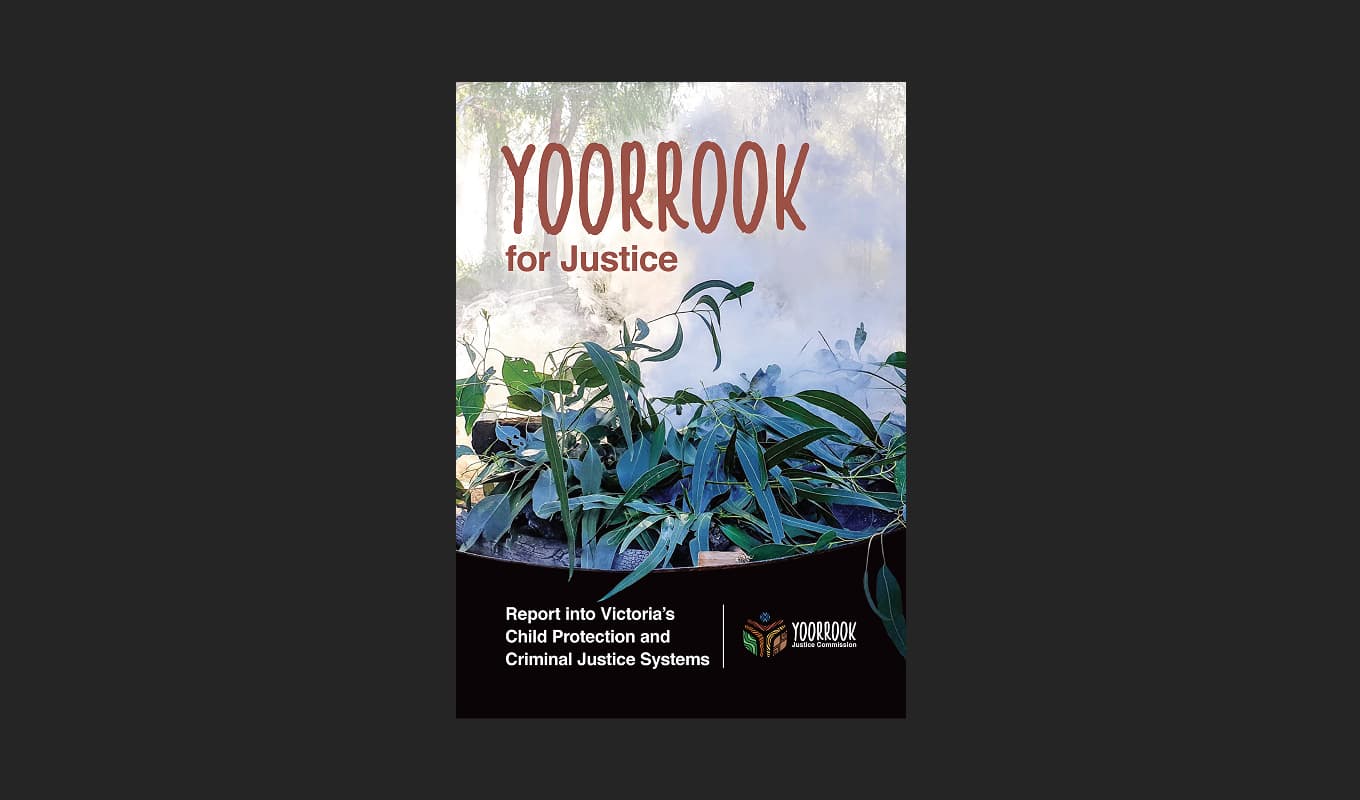Ruchira Abeyratna
Ruchira Abeyratna describes the colonisation of Victoria as a story of egregious and ongoing violence, as well as a story of survival, highlighting the false colonial logic and ongoing systemic issues. Their education on First Nations history was inadequate, improving only at university. They advocate for early, comprehensive education on First Nations histories and cultures, and encourage non-First Nations Victorians to support truth-telling and treaty processes by being informed allies and dispelling myths.
Submission Transcription
My understanding of the colonisation of Victoria is that it is a story of egregious and ongoing violence that pervades all aspects of the lives and movements of First Peoples. However, it is also a story of survival, resistance and determination on the part of First Peoples. I could not do the topic of Victoria’s shared history complete justice in this response, but I nonetheless wanted to highlight a few key areas. Firstly, central to the colonial logic was the falsehood that First Nations peoples were ‘primitive’, did not demonstrate ‘ownership’ of land to the satisfaction of the white gaze, and hence the land was for the taking. Secondly, and particularly relevant to Victoria was an obsessive white superiority complex, which legitimised punitive and coercive colonial laws and polies to govern the lives and movements of First Peoples. It was thought that such laws were what was ‘best’ for First Peoples, although I have much reason to doubt whether this was truly uncorrupted goodwill. Strikingly, these laws continue today, and again, under this artificial guise of welfare and community safety. Babies are still being taken away from their families. First Nations children continue to be subjected to the colonial criminal ‘justice’ system and out of home ‘care’ at alarmingly disproportionate rates. It is saddening to reflect upon the continuing and egregious delegitimisation of the complex and rich histories and cultures of First Peoples, and the constant sidelining of proven ability of First Nations communities’ ability to charter their own destinies and adopt culturally safe solutions to colonial ills. However, it would be remiss to end this story on such a note. I have been in awe of the work of community and First Nations led initiatives to respond to prevailing colonially imposed challenges, such as the over policing of First Peoples regarding public order offences. I note the wonderful work VALS in cooperation with community has done to promote culturally safe sobering centres, so that public drunkenness is treated as a health matter, and not a reason to impose punishment and incarceration. I also note and staunchly support the work of Djirra and VACCHO in responding to issues concerning drug use and family violence. My journey of learning about the history of this land is an ongoing journey, and this response can only touch at the surface.
The education on First Nations history and culture in my primary and secondary schooling in Victoria was sorely inadequate. For context, I attended primary school in Victoria from 2009 – 2012 (Years 3 to 6) and Secondary School from 2013 – 2018 (Years 7 through to completion of VCE). Tacit mentions of Aboriginal peoples would be made in primary school, without any real effort devoted to unpacking the rich and complex history, particularly that prior to colonisation. The history of this country did not begin in 1788. It began millennia before that. In secondary school, discussions went beyond a cursory remark, however it was normal for us to view First Nations peoples solely through the lens of disadvantage. Words cannot express my retrospective disgust at such a narrative. As a person of colour, I have consistently pushed back the narrative that people of colour are voiceless victims of racial violence. Rather, we are active agents who navigate, resist, and overcome such dangerous dogma. Similar thoughts arise in my mind when reflecting about my primary and secondary education regarding First Peoples lived experiences and histories. I should remark before continuing that these criticisms are not so much a reflection on the individual schools I attended. Rather, I think it is a symptom of a lack of understanding and prioritisation of First Nations histories and cultures. It is also a lack of specific learning outcomes and curriculum design tailored to such topics. It was a refreshing change in my tertiary education at the University of Melbourne from 2019- 2021 that I was introduced to a more nuanced perspective on First Nations histories and lived experiences. I am ashamed to admit that simple things such as realising that there are multiple First Nations cultures, that despair and disadvantage is not the totality of the story only began occurring to me at age 19. To me, that is horrifyingly late. Another thing I should mention is that I would actively seek out subjects which covered such histories, as I felt compelled to learn more once my eyes were opened. However, it should not take such effort to be exposed to these histories, cultures and lived experiences. The complexity of these issues should be introduced from a very young age. When I talk to younger Victorians, they do seem to be much more informed than the secondary school version of myself. I hope this means there has been some improvement in the curriculum and the prioritisation of such a critical part of our history. critical part of our history.
If one was to ask me why I think the 2023 Voice Referendum failed, and the movements to Treaty subsequently quelled in popular discourse, it would be this: a lack of education and understanding. I was always a high achiever and hard worker in my studies, yet I only began to grasp the complexity of First Nations histories and cultures at age 19. Hence, I believe that if education on the histories, lived experiences and ongoing challenges facing First Nations community is explicitly covered early on, younger Victorians will be much more equipped to grapple with questions of Voice, Truth and Treaty, and be less privy to the scare tactics and blatant lies spread within popular discourse. Hence, non-First Nations people must continue to show up as allies to help drive First Nations-led curriculum in all stages of schooling, and to defend the alarmist opposition that might arise. We must not, and cannot, leave the entire burden of fixing the educational aspect on First Peoples. Speaking of showing up as allies, I also believe that non-First Nations Victorians can play a critical role in dispelling myths, calling out unfounded remarks, and actively joining First Nations led movements to justice. These everyday acts are things every single non-First Nations Victorian can do, and I can only imagine the collective power we could amass as a State should Victorians be informed, empowered and enriched with the histories, stories and cultures of Victoria’s First Peoples. I wanted to end my submission by expressing my gratitude for the opportunity to share my voice, and I also want to express my unequivocal support for Truth Telling processes. Genuine healing and growth only occurs once the Truth is told, acknowledged, and acted upon. Thank you.
If one was to ask me why I think the 2023 Voice Referendum failed, and the movements to Treaty subsequently quelled in popular discourse, it would be this: a lack of education and understanding. I was always a high achiever and hard worker in my studies, yet I only began to grasp the complexity of First Nations histories and cultures at age 19. Hence, I believe that if education on the histories, lived experiences and ongoing challenges facing First Nations community is explicitly covered early on, younger Victorians will be much more equipped to grapple with questions of Voice, Truth and Treaty, and be less privy to the scare tactics and blatant lies spread within popular discourse. Hence, non-First Nations people must continue to show up as allies to help drive First Nations-led curriculum in all stages of schooling, and to defend the alarmist opposition that might arise. We must not, and cannot, leave the entire burden of fixing the educational aspect on First Peoples. Speaking of showing up as allies, I also believe that non-First Nations Victorians can play a critical role in dispelling myths, calling out unfounded remarks, and actively joining First Nations led movements to justice. These everyday acts are things every single non-First Nations Victorian can do, and I can only imagine the collective power we could amass as a State should Victorians be informed, empowered and enriched with the histories, stories and cultures of Victoria’s First Peoples. I wanted to end my submission by expressing my gratitude for the opportunity to share my voice, and I also want to express my unequivocal support for Truth Telling processes. Genuine healing and growth only occurs once the Truth is told, acknowledged, and acted upon. Thank you.
Truth-teller consent
Contact us about this submission
Contact us if you’d like to discuss this submission.
Similar submissions
Explore submissions from other witnesses that discuss similar topics.
Viki Sinclair (Fowler)
Viki Sinclair is a direct descendant of one of the original settlers of Gippsland, Colin McLaren. In this submission, she tells her personal story of... more
Anonymous 1481
The author has a broad understanding of colonisation’s impact on First Peoples but feels Victoria's education system was extremely limited in teaching... more
Denise Cusack Sister of Our Lady of Sion
Denise Cusack, Sister of Our Lady of Sion, found attending some of the Yoorrook Justice Commission public hearings to be a deeply moving experience,... more
Melissa Turnbull
Melissa Turnbull describes the brutal colonisation of Victoria, including undocumented massacres and displacement of First Peoples. Her education on F... more
Reports and Recommendations
Read the official reports and recommendations of the Yoorrook Justice Commission.

Yoorrook for Transformation
Third Interim Report: A five-volume comprehensive reform report presenting evidence and findings on systemic injustices, and specific recommendations for meaningful change to transform the future.

Truth Be Told
An official public record that documents First Peoples experiences since colonisation, preserves crucial testimonies for future generations and creates an enduring resource for education and understanding.

Recommendations for change
Yoorrook Justice Commission’s recommendations for truth-telling, justice, and systemic reform in Victoria.
